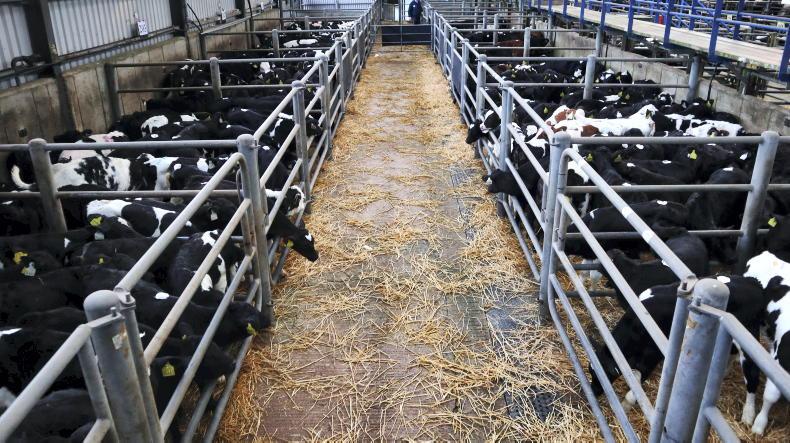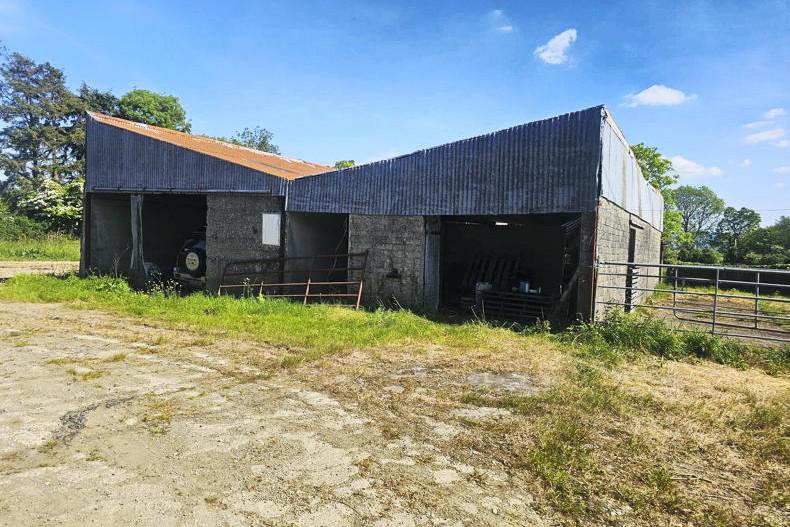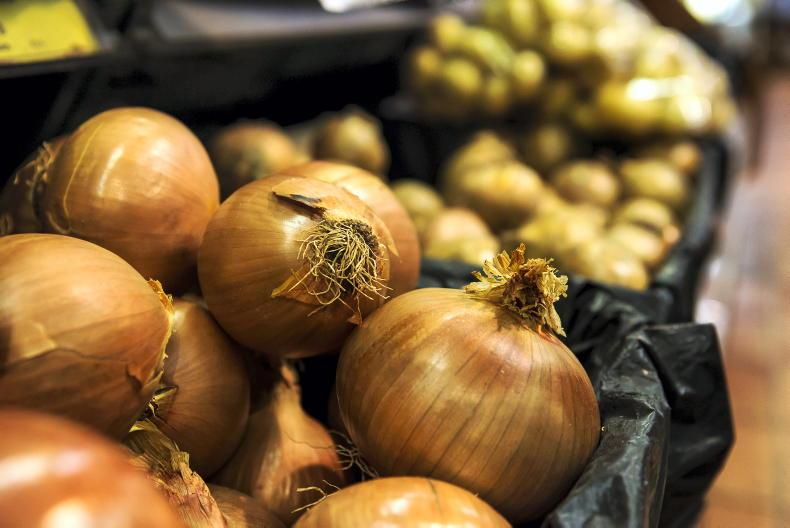Poultry farmer Brian McCarthy has been left nursing losses of over €15,000 after mink slaughtered his entire flock.
The Cork farmer lost all 350 of his laying hens to mink in the space of five weeks. Seventy hens, valued at €9 to €10 each, were killed in one night alone.
McCarthy, who runs a pasture-raised egg business at Glanmire outside Cork city, said: “We’ve been plagued to be honest.”
With no hens remaining, from a flock that would have continued laying into October, he said he has lost out on €12,000 worth of eggs. The egg producer warned that there “seems to be a desperate population [of mink] around Cork” and called for action.
McCarthy described how his hens were being housed at night, and left to pasture during the day.
The birds were protected by a 6ft perimeter fence around their pasture, with “highly electrified” wire running along the bottom to deter predators.
“We’ve a low wire down near the bottom. The fox hits it with his snout and gets knocked away.
“We have it as good as you can get protection wise,” he explained.
The mink started attacking the flock, every two to three days, in the early morning or evening. “There were no visible signs of intrusion. The mink will just get through very small gaps,” McCarthy said.
He described how he watched his flock in the mornings and evenings but said he never witnessed an attack.
“They don’t pull them away and eat them. They just drain blood and move on to the next one,” he said.
The poultry farmer described the torment of discovering more and more hen carcases, just bitten at the neck.
“There’s no natural predator for them or anything around here. We tried putting traps around the place but never caught anything.

Brian McCarthy's hens were housed at night and let to pasture during the day. \ Ramona Farrelly
“I think there’s certain parts of the country where mink are a major problem. They’re trapping them year-round here to try and keep the population under control,” McCarthy highlighted.
Wild mink in Ireland are listed as an invasive species and originated from mink fur farms which were first set up in the 1950s. The mink here are the American Mink, larger than their European cousins.
Mink will attack animals up to the size of a chicken, duck, rabbit or even a newborn lamb but Barry Nolan of Wildlife Management Services, Ireland said he “wouldn’t be convinced” that they would attack cows or bite off teats.
Nolan said that like all predators, mink can exhibit “surplus killing” behaviour when presented with an abundance of food, such as in a poultry house.
Poultry farmer Brian McCarthy has been left nursing losses of over €15,000 after mink slaughtered his entire flock.
The Cork farmer lost all 350 of his laying hens to mink in the space of five weeks. Seventy hens, valued at €9 to €10 each, were killed in one night alone.
McCarthy, who runs a pasture-raised egg business at Glanmire outside Cork city, said: “We’ve been plagued to be honest.”
With no hens remaining, from a flock that would have continued laying into October, he said he has lost out on €12,000 worth of eggs. The egg producer warned that there “seems to be a desperate population [of mink] around Cork” and called for action.
McCarthy described how his hens were being housed at night, and left to pasture during the day.
The birds were protected by a 6ft perimeter fence around their pasture, with “highly electrified” wire running along the bottom to deter predators.
“We’ve a low wire down near the bottom. The fox hits it with his snout and gets knocked away.
“We have it as good as you can get protection wise,” he explained.
The mink started attacking the flock, every two to three days, in the early morning or evening. “There were no visible signs of intrusion. The mink will just get through very small gaps,” McCarthy said.
He described how he watched his flock in the mornings and evenings but said he never witnessed an attack.
“They don’t pull them away and eat them. They just drain blood and move on to the next one,” he said.
The poultry farmer described the torment of discovering more and more hen carcases, just bitten at the neck.
“There’s no natural predator for them or anything around here. We tried putting traps around the place but never caught anything.

Brian McCarthy's hens were housed at night and let to pasture during the day. \ Ramona Farrelly
“I think there’s certain parts of the country where mink are a major problem. They’re trapping them year-round here to try and keep the population under control,” McCarthy highlighted.
Wild mink in Ireland are listed as an invasive species and originated from mink fur farms which were first set up in the 1950s. The mink here are the American Mink, larger than their European cousins.
Mink will attack animals up to the size of a chicken, duck, rabbit or even a newborn lamb but Barry Nolan of Wildlife Management Services, Ireland said he “wouldn’t be convinced” that they would attack cows or bite off teats.
Nolan said that like all predators, mink can exhibit “surplus killing” behaviour when presented with an abundance of food, such as in a poultry house.










SHARING OPTIONS